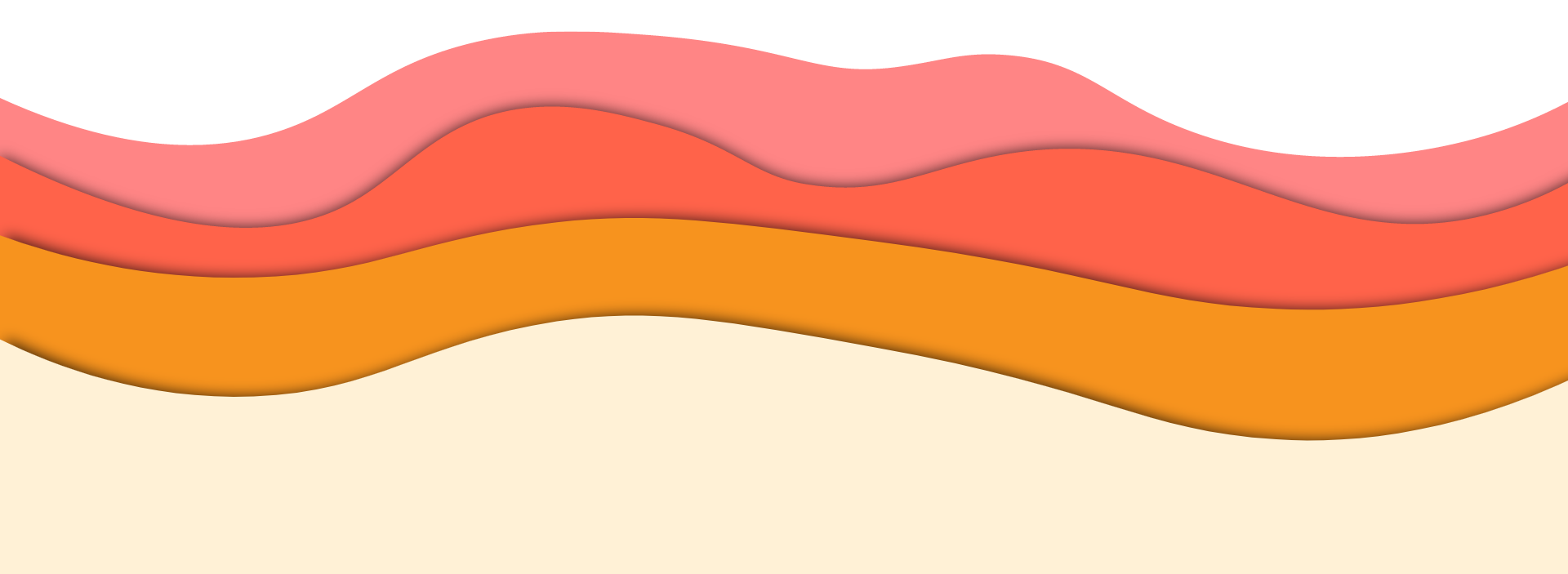Exercise (stress) ECG
An exercise ECG, also referred to as a stress test or treadmill ECG, involves patients undergoing strenuous exertion while Doctors examine the heart’s electrical activity when under strain. Although a patient’s ECG may be normal at rest, once put under stress, the heart can develop electrical abnormalities suggestive of an underlying heart condition.
All of our Exercise ECGs are carried out by experienced and qualified Doctors – discover more about this procedure and what to expect when visiting an EchoMed clinic below.
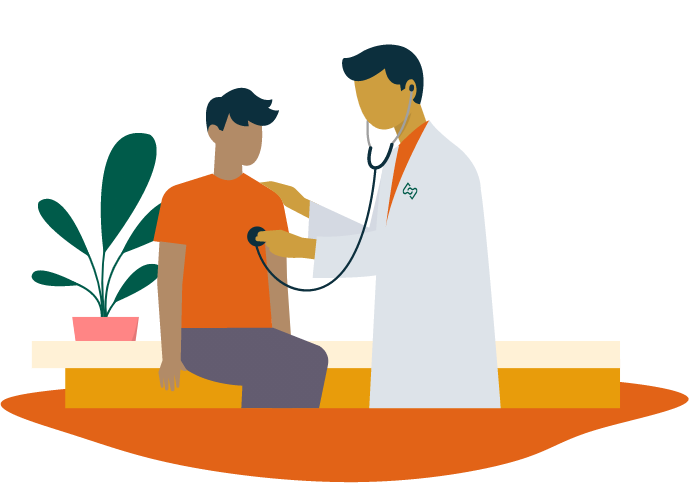
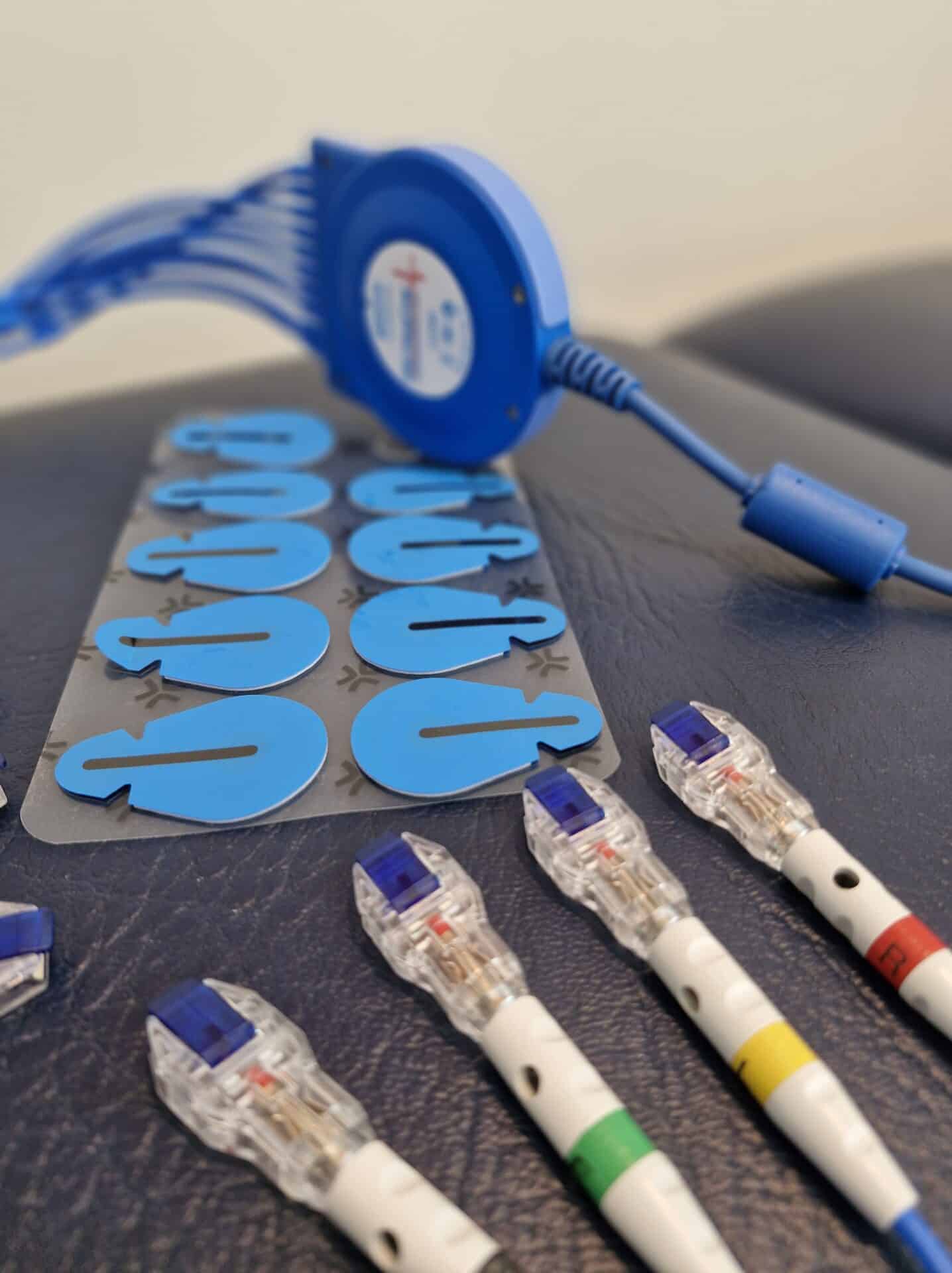
What is an exercise ECG?
An exercise ECG, also known as a stress ECG or treadmill test, examines the heart’s electrical activity during exertion. Whilst a patient’s ECG may be normal at rest, once put under strain, the heart can develop electrical abnormalities which suggest underlying cardiovascular disease.
In addition, for patients with a prior history of cardiovascular disease, this test can be performed to look for evidence of a blocked coronary artery, and may also be used to exclude exercise-induced arrhythmias.
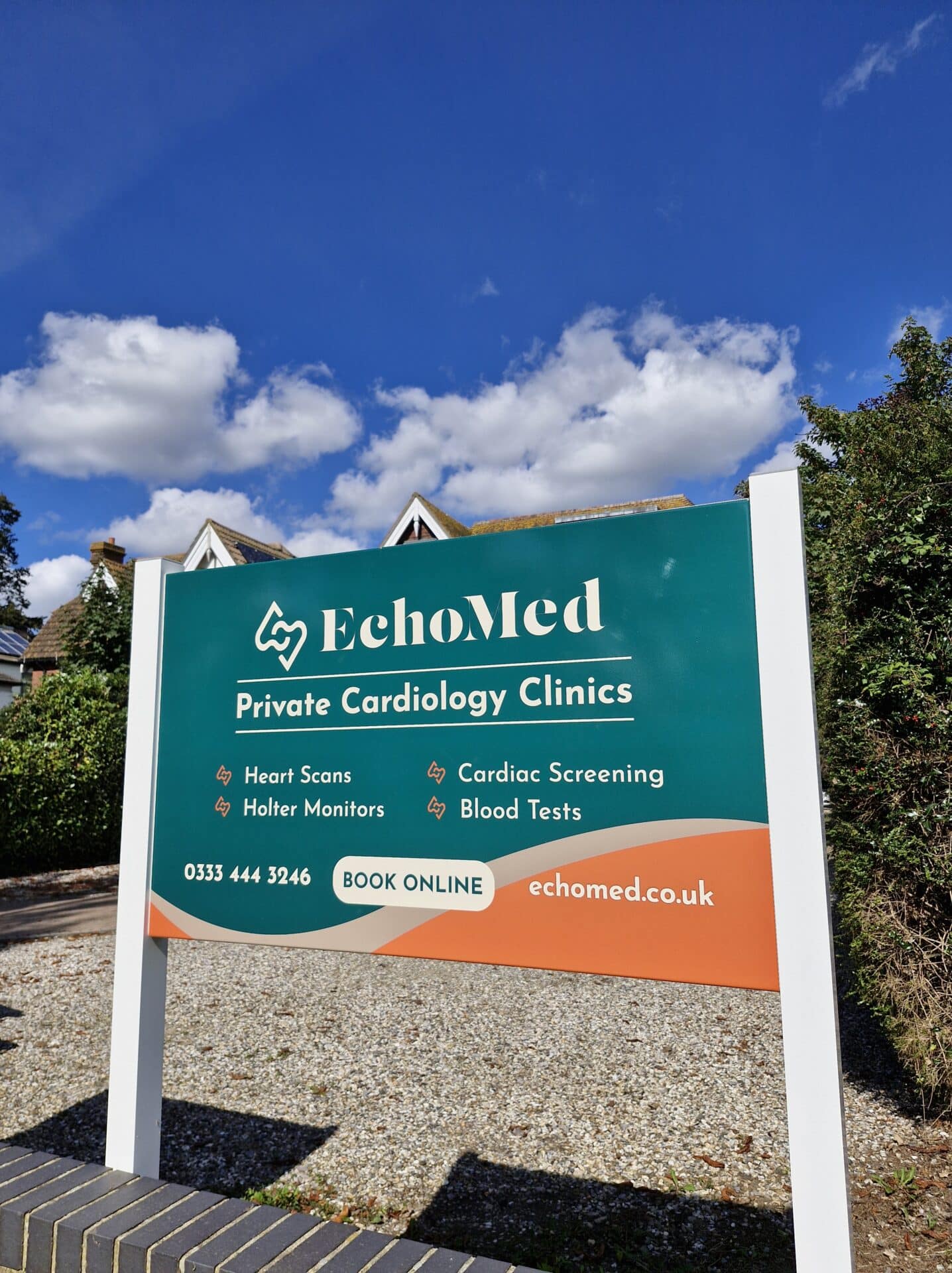
What happens during an exercise ECG?
An exercise or stress ECG requires patients to complete strenuous exertion using a treadmill or static bike. As such, patients will be required wear clothing and footwear suitable for exercise. Patients are welcome to get changed after they arrive at the EchoMed clinic if they prefer.
After your initial consultation, your Doctor will attach ECG leads and a blood pressure cuff, allowing them to monitor you throughout your test. They will stop the treadmill if any worrying symptoms or ECG abnormalities develop, and you are also free to stop at any time during the test in the event of fatigue.
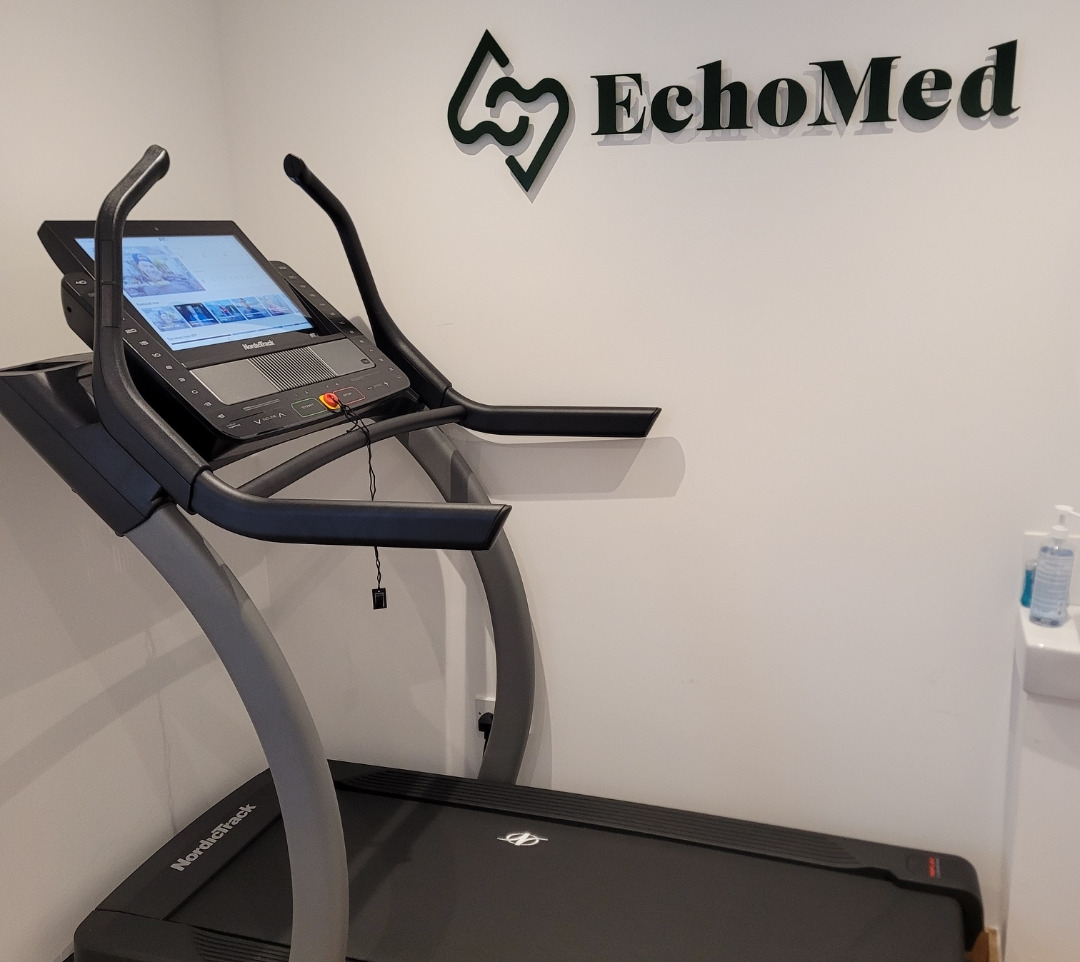
The EchoMed experience
At EchoMed, we deliver an industry-leading level of service, ensuring a relaxed and comfortable patient experience. Our stress ECGs make use of specialist treadmills, enabling patients to complete the full Bruce protocol, a standardised exercise programme in which the treadmill’s incline and speed increases every three minutes.
The goal of the test is not to finish the entire protocol (which is very rare), but rather to achieve a target heart rate which demonstrates adequate cardiac stress, after which point the test can be terminated.
What does a stress ECG test for?
While a stress ECG is not the gold standard for detecting coronary artery disease, it can still be an advantageous non-invasive assessment of coronary blood flow, especially in people with known cardiovascular disease, such as a previous history of heart attack or stent.
During exertion, a narrowed coronary artery may restrict blood flow to the heart muscle, depriving it of oxygen. This process, known as ischaemia, can produce important ECG changes, such as ST depression, T wave inversion, or ST elevation, which are detected during an exercise test using bespoke software. If these ECG changes occur, our Doctor will refer you for further investigation, which may include a CT scan or Angiogram.
Exercise can provoke numerous heart abnormalities, therefore exercise ECGs are also helpful in those patients with exertional palpitations or a family history of sudden death during exercise.

Who needs this procedure?
An exercise ECG has a broad range of applications, predominantly testing patients with exertional symptoms, such as palpitations or dizzy spells. However, people without symptoms who are planning a significant increase in their exercise regime, e.g. marathon training, or those patients with a suspicious family history, may wish to consider an exercise ECG to examine their heart’s performance under strain.
Importantly, the Bruce protocol is recognised by numerous national regulatory bodies, such as TFL, the DVLA, and the CAA, meaning an exercise ECG may be a requirement for taxi drivers or pilots who need medical clearance as a condition of their employment.
Want to book an appointment? Book now
Other Services
The next steps after your exercise ECG test
Your EchoMed Doctor will be able to provide you with the results at the end of your test. If a significant abnormality is detected, such as ECG changes suggestive of a blocked coronary artery, we can arrange for you to have further investigation, such as a CT coronary angiogram. We can facilitate this via your NHS GP or privately according to your preference.
Book an appointment
In just a few clicks, you can arrange an appointment that suits you. Book with EchoMed today. Whether you are concerned about unexplained symptoms, or simply wish to exclude any problems which may cause trouble later in life, our scans can help.
How To Find Us
Our Surrey Hills (Farnham) clinic is conveniently located just off the A31. We are situated inside the Carlton Yard Clinic (postcode: GU9 7RD), which can be accessed on foot off the southwest corner of Farnham Central Car Park.
From the car park, you will see a selection of signs attached to the exterior wall of the Carlton Yard Clinic (including ‘EchoMed: The Cardiac Ultrasound Clinic’). Walk around the left-hand side of this building, turn right in front of The Silver Sea restaurant, and continue through an archway with a metal gate. This gate is usually open – if not, please buzz the intercom and our team will assist you. The wooden door to the Carlton Yard Clinic is through this arch and immediately on the right.
Our South Coast (Emsworth) clinic is within minutes of the A27. We are situated on the ground floor of the Hampshire Health building (97 Havant Road, postcode: PO10 7LF), which offers free parking to the rear. On arrival, our receptionists will show you to the waiting area.
If you have any issues finding either of our clinics, please call 0333 444 3246 for assistance.
EchoMed: SOUTH COAST CLINIC
Hampshire Health
97 Havant Road, Emsworth
PO10 7LF
EchoMed: SURREY HILLS CLINIC
The Carlton Yard Clinic, Unit 1, Carlton Yd,
Victoria Rd, Farnham
GU9 7RD
0333 444 3246
Get In Touch With Us
Any questions about our services? Please get in touch here:
